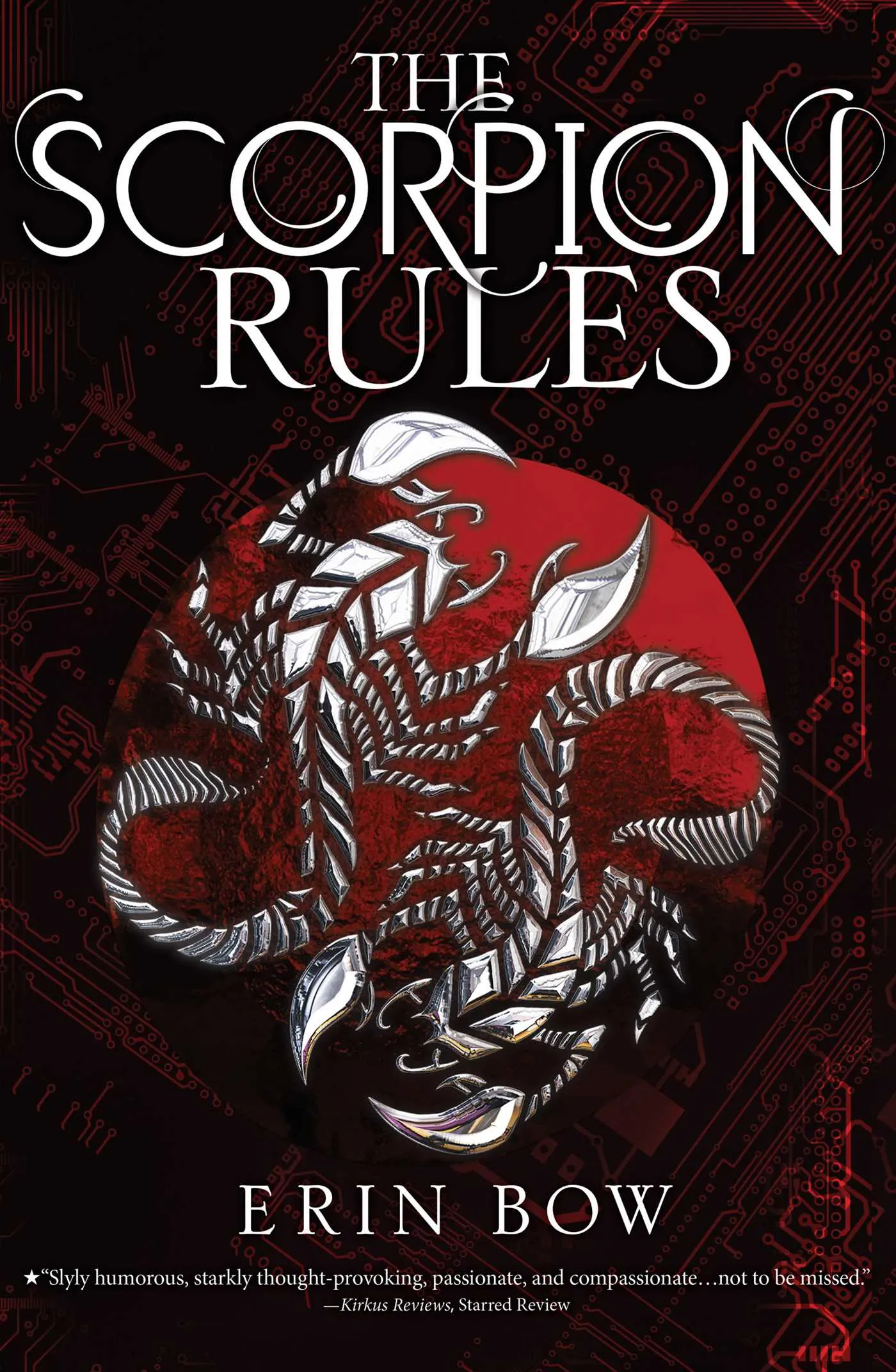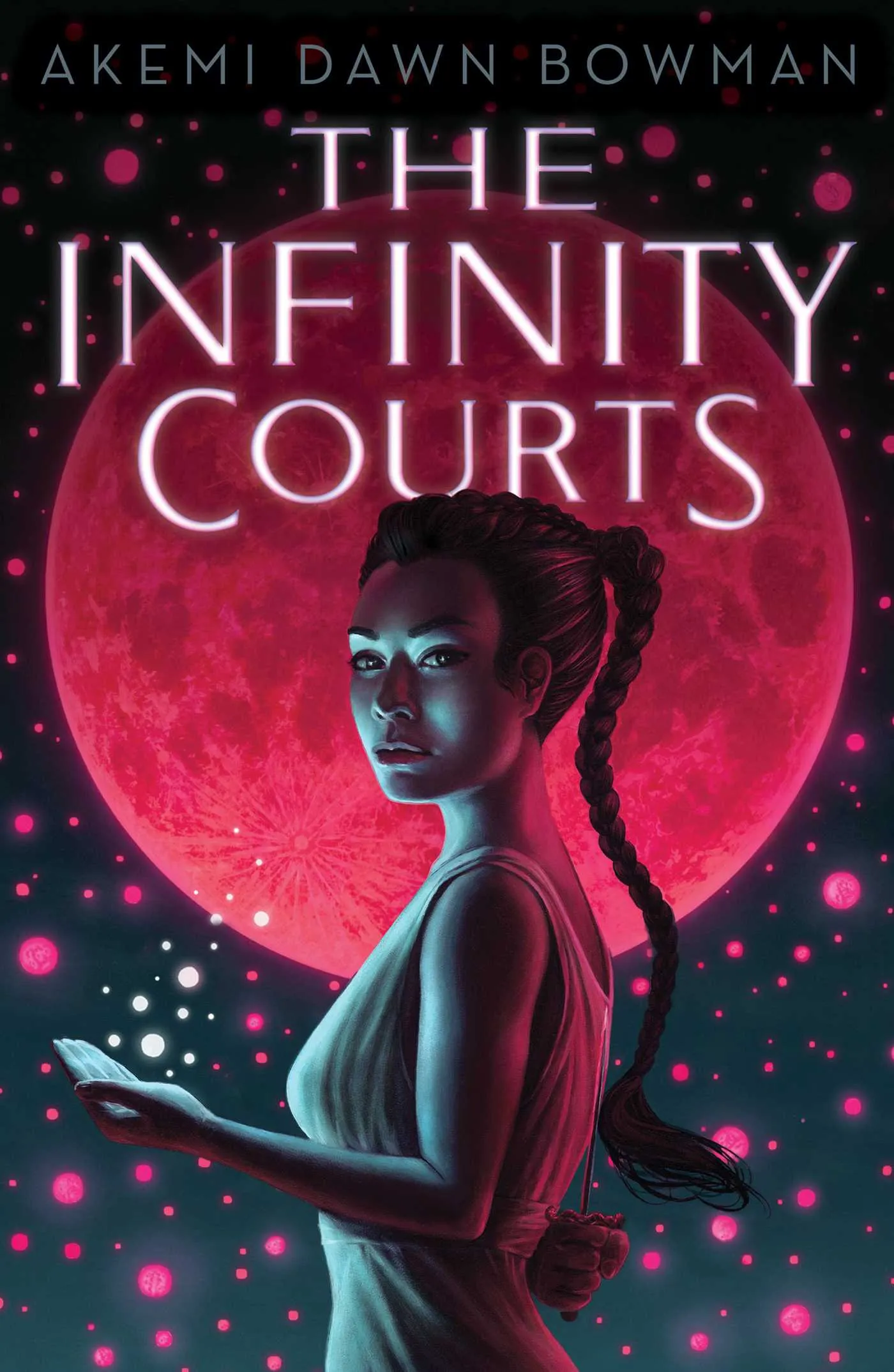It seems like AI is on everyone’s mind these days, and for good reason. With the launch of ChatGPT, most of the general public is able to interact with AI technology in a much more accessible fashion than ever before. With that comes some exciting possibilities — and some darker implications that humanity has yet to sort through and address, especially when it comes to art and education, two sectors that I personally believe require human interaction at their core. One thing’s certain: humanity’s creativity should always be valued! And these YA books by real humans imagine futures with AI that are thought provoking (and maybe a little scary!).

THE SCORPION RULES BY ERIN BOW
Set in a near-ish future where climate change has wreaked havoc on the earth, one AI named Talis has risen to total power and comes up with an idea to keep humans from killing themselves and the planet: Each world leader must give up a child to send to a compound in former Canada. There, the children of leaders live and grow up, but if their parents start war or hoard resources, they die. Greta has grown up knowing her fate is to be a prisoner of peace and has accepted that she might die for her parents and country, but nothing prepares her for when a new leader’s son arrives and challenges the rules. This is a really fascinating book, and it has a great queer love story at the center!

THE INFINITY COURTS BY AKEMI DAWN BOWMAN
Nami Miyamoto’s life is just beginning when she’s murdered on the way to her own graduation party. When she wakes up, she discovers that an AI virtual assistant that’s popular with everyone on earth has taken over the afterlife, and is forcing all deceased human consciousness into servitude. It’s up to Nami and a group of rebels to take her down before she manages to find a way to eradicate humanity, both in life and the afterlife.
PIXELS OF YOU BY ANANTH HIRSH, YUKO OTA, AND J.R. DOYLE
Set in the near future where human augmentation is all the rage, this graphic novel follows Indira, an augmented human girl who has recently suffered from a tragic accident, and Fawn, a human-presenting AI. They’re not fans of each other or each other’s work when they both get an internship at an art gallery, but after a major conflict, they’re told to find a way to collaborate or leave. Grudgingly, they begin to work together and discover surprising revelations about what it means to be an artist, and human.
Comments
Post a Comment